Experience Journals
The Experience Journals are designed to promote healthy coping strategies among children and their families who must live with significant physical and emotional illnesses. We hope that families may learn from the stories of others facing similar experiences.
David R. DeMaso, MD
The Experience Journals are collections of stories, videos, and personal experiences from families about what it has been like to live with their children’s illnesses.
The journals represent the “collective wisdom” of these children and their parents as well as their health care providers. By sharing this wisdom, the Experience Journals aim to facilitate the strength and resilience that lies in every child, adolescent, and family facing adversity.
We welcome family members to enter and explore any or all of the Experience Journals.
Experience Journals Features on the Thriving Blog
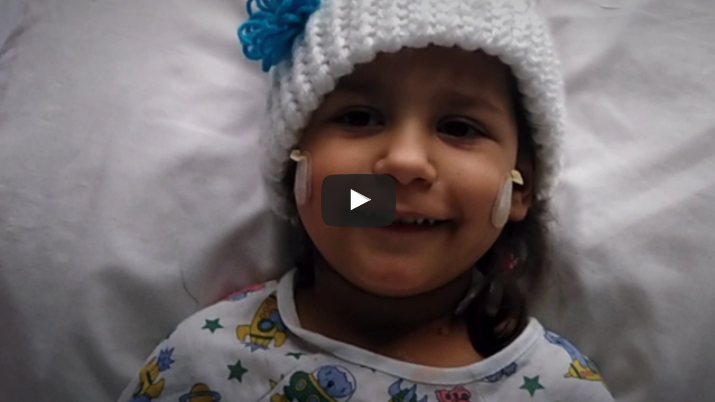 At five months old, Diana was diagnosed with tetralogy of Fallot with pulmonary atresia, a congenital heart defect (CHD) that couldn’t be treated in her home country of Venezuela.
At five months old, Diana was diagnosed with tetralogy of Fallot with pulmonary atresia, a congenital heart defect (CHD) that couldn’t be treated in her home country of Venezuela.
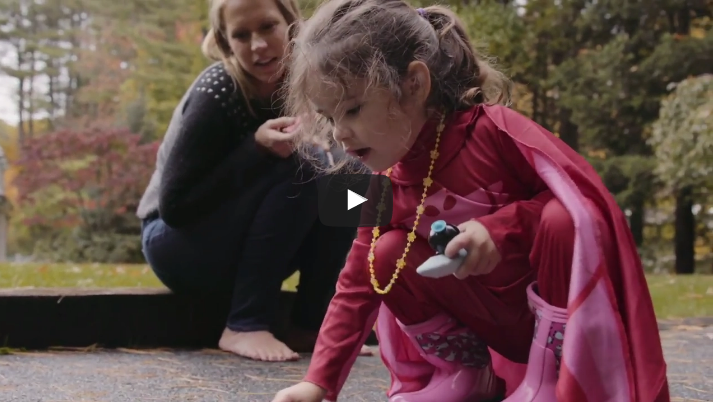 At 16 months old, Avery was diagnosed with an atrial septal defect — a hole in the wall between the heart’s upper chambers that required open-heart surgery to repair.
At 16 months old, Avery was diagnosed with an atrial septal defect — a hole in the wall between the heart’s upper chambers that required open-heart surgery to repair.
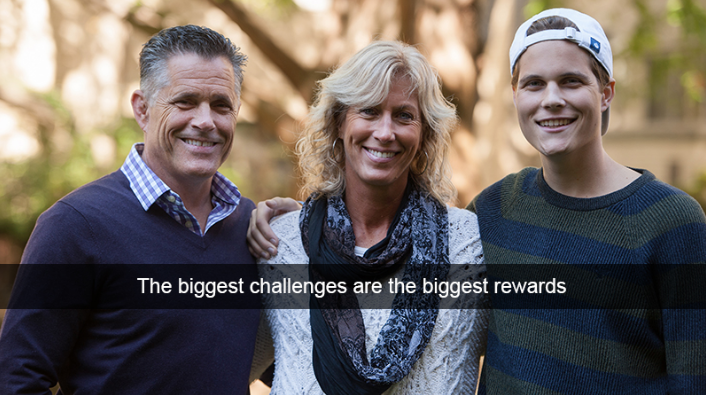 While each Journal has a different topic, every Journal includes providers who are grateful for the chance to work with the amazing children and families at Boston Children’s Hospital.
While each Journal has a different topic, every Journal includes providers who are grateful for the chance to work with the amazing children and families at Boston Children’s Hospital.

Clean intermittent catheterization (CIC), sometimes called self-cathing, involves emptying the bladder using a thin tube called a catheter when children and adolescents are unable to empty their bladders completely on their own.

Roughly 1.4 million Americans suffer from inflammatory bowel disease (IBD), which refers to conditions that cause inflammation of the intestinal tract.

In the U.S., roughly two to three out of every 1,000 children are born deaf or hard of hearing.
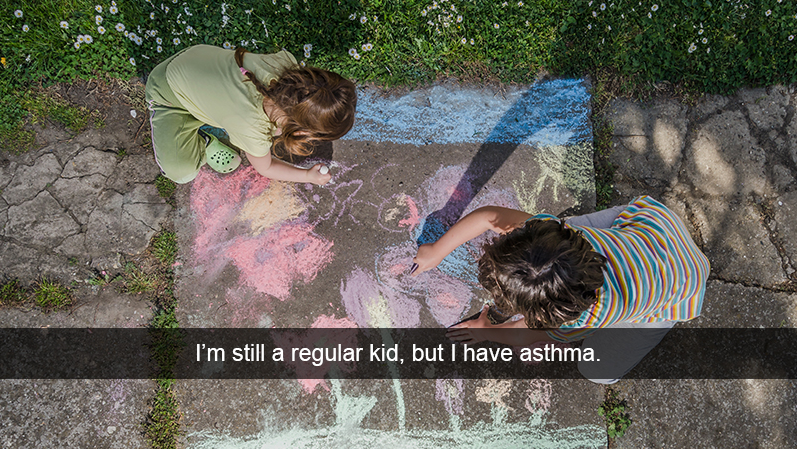
Children growing up with asthma often face difficulty breathing, and they may feel isolated from their peers. While this condition can be disruptive to a child’s life, it can be well controlled with proper medical care.

Children can become overweight or obese for many reasons, including genetics, diet, level of physical activity and psychological issues. Regardless of the cause, significant excess weight can have serious long-term health risks and must be addressed head on.

Although Cerebral palsy (CP) is a lifelong condition that can’t be reversed, children with the diagnosis can lead rich, fulfilling lives with the right medical and surgical management.
 Left undiagnosed, ADHD can make it very difficult for kids to reach their full potential — in school and beyond. With the right diagnosis and treatment, kids with ADHD can overcome their challenges and be very successful.
Left undiagnosed, ADHD can make it very difficult for kids to reach their full potential — in school and beyond. With the right diagnosis and treatment, kids with ADHD can overcome their challenges and be very successful.

The Transplant Experience Journal, a project of the Boston Children’s Hospital Department of Psychiatry, interviewed numerous children, teens, young adults and parents about their experience through the transplant journey.

The Transplant Experience Journal interviewed numerous children, teens, young adults, and parents about their experience through the transplant journey— from accepting their diagnoses to waiting for the donor organ to connecting with the donor’s family. Here are their stories, in their own words.
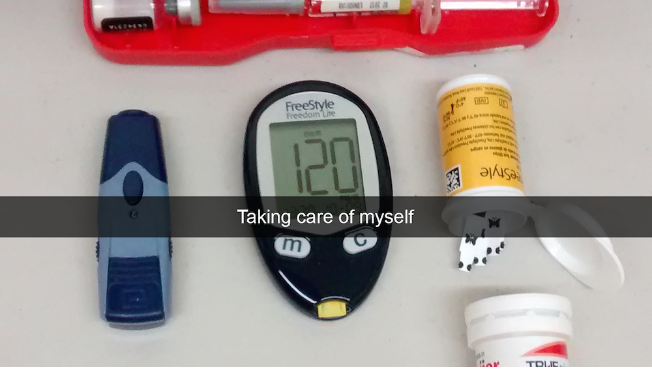
If you or your child has recently been diagnosed with diabetes, you might feel anxious or overwhelmed. Don’t worry: Millions of people have been through the same experience. Hearing from others who are effectively managing their condition and enjoying a healthy lifestyle can go a long way toward easing your anxieties.


